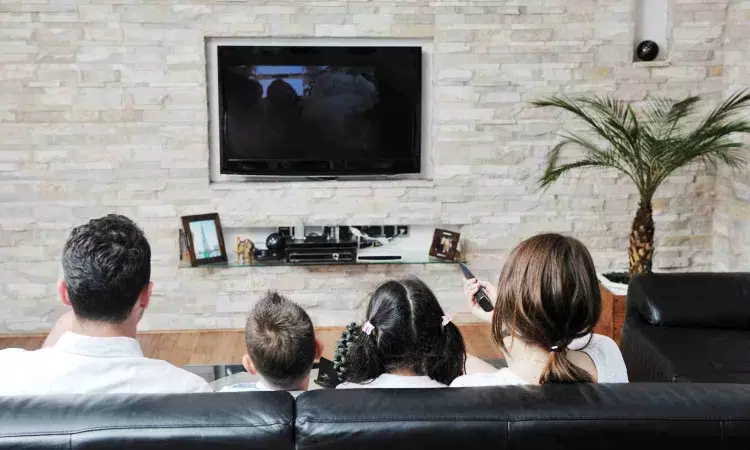- Home
- Medical news & Guidelines
- Anesthesiology
- Cardiology and CTVS
- Critical Care
- Dentistry
- Dermatology
- Diabetes and Endocrinology
- ENT
- Gastroenterology
- Medicine
- Nephrology
- Neurology
- Obstretics-Gynaecology
- Oncology
- Ophthalmology
- Orthopaedics
- Pediatrics-Neonatology
- Psychiatry
- Pulmonology
- Radiology
- Surgery
- Urology
- Laboratory Medicine
- Diet
- Nursing
- Paramedical
- Physiotherapy
- Health news
- Fact Check
- Bone Health Fact Check
- Brain Health Fact Check
- Cancer Related Fact Check
- Child Care Fact Check
- Dental and oral health fact check
- Diabetes and metabolic health fact check
- Diet and Nutrition Fact Check
- Eye and ENT Care Fact Check
- Fitness fact check
- Gut health fact check
- Heart health fact check
- Kidney health fact check
- Medical education fact check
- Men's health fact check
- Respiratory fact check
- Skin and hair care fact check
- Vaccine and Immunization fact check
- Women's health fact check
- AYUSH
- State News
- Andaman and Nicobar Islands
- Andhra Pradesh
- Arunachal Pradesh
- Assam
- Bihar
- Chandigarh
- Chattisgarh
- Dadra and Nagar Haveli
- Daman and Diu
- Delhi
- Goa
- Gujarat
- Haryana
- Himachal Pradesh
- Jammu & Kashmir
- Jharkhand
- Karnataka
- Kerala
- Ladakh
- Lakshadweep
- Madhya Pradesh
- Maharashtra
- Manipur
- Meghalaya
- Mizoram
- Nagaland
- Odisha
- Puducherry
- Punjab
- Rajasthan
- Sikkim
- Tamil Nadu
- Telangana
- Tripura
- Uttar Pradesh
- Uttrakhand
- West Bengal
- Medical Education
- Industry
Does watching TV or videos during the day affect nighttime urination?

In a study published in Neurourology and Urodynamics, adults who spent 5 or more hours a day watching TV and/or videos were more likely to develop nocturia, or the need to urinate multiple times during the night.
The study drew from 2011–2016 data from the National Health and Nutrition Examination Survey. Among 13,294 US individuals aged 20 and older, 4,236 (31.86%) reported experiencing nocturia, while 9,058 (68.14%) did not. Participants with 5 or more hours of TV and/or video viewing time per day had a 48% higher risk of experiencing nocturia compared with those with less than 1 hour of daily TV and/or video viewing time.
“As individuals increasingly engage in screen‐based activities, a comprehensive understanding of the impact of extended TV and/or video time on patterns of nocturia is crucial for both healthcare professionals and public health practitioners,” the authors wrote. “For individuals who engage in prolonged TV and/or video time, healthcare professionals can offer behavioral intervention recommendations, encouraging appropriate screen time management.”
Reference:
Junwei Wang, Aiwei Zhang, Miaoyong Ye, Cunming Zhang, Association between TV and/or video time and nocturia in adults: An analysis of the National Health and Nutrition Examination Survey, Neurourology and Urodynamics, https://doi.org/10.1002/nau.25406.
Dr Kamal Kant Kohli-MBBS, DTCD- a chest specialist with more than 30 years of practice and a flair for writing clinical articles, Dr Kamal Kant Kohli joined Medical Dialogues as a Chief Editor of Medical News. Besides writing articles, as an editor, he proofreads and verifies all the medical content published on Medical Dialogues including those coming from journals, studies,medical conferences,guidelines etc. Email: drkohli@medicaldialogues.in. Contact no. 011-43720751


